The US’ Hybrid War on Brazil
Andrew Korybko gave an exclusive interview on Hybrid Wars to TUTAMÉIA – Brasil to promote the translated Portuguese edition of his 2015 book on this topic. Below is the full interview presented in English.
- What is a Hybrid War?
Since the original publication of my book in 2015, I’ve expanded my definition to include the following:
“Hybrid Wars are externally provoked identity conflicts, which exploit historical, ethnic, religious, socio-economic, and geographic differences within geostrategic transit states through the phased transition from Color Revolutions to Unconventional Wars in order to disrupt, control, or influence multipolar transnational connective infrastructure projects by means of Regime Tweaking, Regime Change, and/or Regime Reboot.”
In a nutshell, what’s meant is that countries such as the US take advantage of a targeted state’s preexisting identity fault lines in order to weaponize one, some, or all of the six-mentioned most generally existing ones so as to provoke a large-scale protest movement that could then be hijacked or directed by them for political purposes, the failure of which sees some of the participants ultimately resorting to terrorism, insurgency, guerrilla warfare, and other forms of unconventional conflict against the state. More often than not, at least in the Eastern Hemisphere, these manufactured phenomena have the effect of offsetting the viability of one of China’s many Silk Road projects by coercing the targeted state into political compromises (“Regime Tweaking”), a new government (“Regime Change”), and/or “decentralized” constitutional reform (“Regime Reboot”) that could sometimes lead to “Balkanization”.
- Your book describes the Hybrid Wars as “managed chaos”. How is it built?
Through detailed study of a targeted state’s society and the general trends of human nature (aided by anthropological, sociological, psychological, and other research), it’s possible to obtain a sense for how everything “naturally” operates in the world. Armed with this insight, the Hybrid War practitioners can accurately predict which “buttons to press” via preplanned provocations in order to elicit expected responses from their targets, all with the intent of disrupting the status quo through the externally manipulated commencement of self-sustaining processes of destabilization. This might be ethnic conflict, weaponized protest movements (“Color Revolutions”), and the exacerbation of regional rivalries. The whole point is to produce the greatest effect with the least amount of effort and then exploit the resultant fast-moving events and uncertainty in order to accomplish one’s political plans.
- The book describes the US as propelling these movements. Why?
The US has global interests by dint of its present but nevertheless fading worldwide hegemony, and its decades-worth of experience operating across every continent has endowed it with a deep understanding of practically every country’s domestic situation. Not only is it therefore much easier for the US to initiate Hybrid Wars of the sort that correspond to my model, but it most importantly has the motivation to do so in the first place, which is what many other Great Powers lack when it comes to countries outside of their regional “spheres of influence”.
- Did Brazil become targeted for Hybrid War after the discovery of pre-salt oil?
In my view, Brazil was a target from the moment of Lula’s election and its movement towards multipolarity, but the subsequent discovery of pre-salt oil reserves definitely added a new impetus to the US’ Hybrid War on Brazil, though only because some of these resources were going to be sold to China. If Lula would have cut a deal with the US to provide it with unrestricted access to its pre-salt deposits and also allow Washington to indirectly leverage this to its advantage in controlling China’s access to the same, then the US might not have had much of a motivation to continue waging Hybrid War on Brazil or it could have been softened or delayed. Instead, because of Lula’s independent stance on the pre-salt deposits and many other issues, he and his successor were seen as “legitimate” targets by the US because Washington feared that they’d accelerate its hegemonic decline in the hemisphere if they weren’t stopped as soon as possible.
- Is the fact that Brazil actively participated in the BRICS alongside Russia, India, China, and South Africa also a reason that it was targeted by Hybrid War?
Yes, but mostly in the symbolic sense in this case because my personal opinion is that BRICS – while being a very promising platform – hasn’t been able to reach its full potential because of the internal American-manipulated rivalry between China and India, which hampered its overall effectiveness even before the first phase of the Hybrid War on Brazil was successful in ousting President Rousseff. Her removal from office and the “constitutional coup” against South African President Zuma combined to shrink BRICS into its original tripartite of RIC, which itself is deeply divided between China and India (despite their governments’ official claims to the contrary), with Russia playing a “balancing” role between both of them. For all intents and purposes, BRICS doesn’t really exist anymore except as a yearly talking club and a memory of broken dreams for many.
- The book talks a lot about the cases of Syria and Ukraine and says that these models can be reproduced elsewhere. Could this model be reproduced in Brazil?
Theoretically yes, but I don’t think the odds are that probable because the anti-Silk Road dimensions of Hybrid War that form the main motivation of these kinetic conflicts are mostly applicable to the unique operational environment of the Eastern Hemisphere (Afro-Eurasia), which is much more susceptible to externally manipulated identity conflicts of that sort. That said, the social engineering, political preconditioning, and overall psychological warfare campaigns that form the basis of Color Revolutions (the non-kinetic first half of Hybrid Wars) are definitely reproducible anywhere across the world, especially in today’s interconnected era of social media.
- The book also deals with the “Arab Spring”. Analysts have also pointed out that Brazil was being targeted by Hybrid War since 2013 when a strange movement began to emerge in the country through the internet. Does that make sense?
Absolutely, because the first active organizational phase of Hybrid Wars nowadays begins on the internet, where the movement’s practitioners use the web to obtain important information about their targets prior to engaging with them directly or indirectly through targeted informational campaigns that most effectively appeal to their interests or needs, which is increasingly discovered through analyses of “Big Data” such as what Cambridge Analytica is accused of doing. Socio-political movements are beginning to spawn online much more than in the streets like they used to because people are more comfortable engaging with them through the convenience of their cell phone screen and at their own leisure, unlike the physical work they used to have to do by attending meetings in person and other such activities. Nowadays all that they have to do is check out the latest news that was shared in a Facebook or WhatsApp group, and they can do that whenever they feel like it.
- There’s been an avalanche of fake news during the campaign season that’s been especially spread by WhatsApp groups. Are we being the victims of a Hybrid War?
Yes, there’s a very intense Hybrid War being waged on Brazil right now and it affects every facet of an individual’s life, from what they read on social media (whether real, fake, or manipulated information) to what they hear on the streets. External players have been very subtly trying to precondition the public over the past couple of years into turning against the Workers’ Party after the NSA-assisted “Operation Car Wash”, which took on a “life of its own” per the model of self-sustaining cycles of destabilization that I described earlier. This forced the Workers’ Party to push back and defend its integrity, which in turn led to a fierce response by those who were trying to topple it. Brazil has been in the throes of Hybrid War for so long now that it’s taken for granted that every bit of information that they come across is in one way or another connected to this incessant campaign.
- What’s the point of this Hybrid War, and who is behind it? Jair Bolsonaro?
I don’t think that Bolsonaro was the progenitor of this Hybrid War, but rather that its original masterminds in the US already had a plan in mind long ago to shape the socio-political conditions of the country in such a way that a so-called “dark horse” candidate could cruise to power with ease and then systematically dismantle everything that the Workers’ Party had achieved during their time in office. From an outside perspective looking in and knowing what is known now in hindsight about “Operation Car Wash”, American intelligence probably concluded well in advance that Bolsonaro would be the best possible candidate for this because of his history of controversial policy pronouncements that align with the US’ overall interests for the country. It also helped that he wasn’t implicated in any of the anti-corruption scandals of the past few years, which the US would have known ahead of time seeing as how the NSA participated in procuring the “evidence” that then catalyzed the country’s political purge.
With the Workers’ Party out of power and even many of the usurpers and their allies proven to have been equally – if not more – corrupt, the stage was set for the US’ “dark horse” to enter the scene and capture the imagination of many who had been preconditioned to hate all establishment politicians after “Operation Car Wash” (and especially the Workers’ Party, which bore the blunt of the blame). They’re also increasingly desperate for drastic security measures to be implemented to save them from the crime wave or at least give them a fighting chance to save themselves through Bolsonaro’s promised liberalization of arms. It’s my view that the US worked very hard to facilitate Bolsonaro’s rise and is helping him every step of the way, something that even he himself might not have realized early on but now almost certainly must have been made aware of directly by these very same forces considering the likelihood of him winning the second round.
- What’s the difference between the use of WhatsApp and Facebook in the context of Hybrid War?
WhatsApp is more instantaneous and impulsive whereas Facebook is more organizational and methodical. The first is generally used for sending short bits of information and quickly assembling large crowds while the second is better used for deeper organizational planning and long-term crowd control management. They’re basically two sides of the same coin, though, and go hand in hand when it comes to the tactical aspect of Color Revolutions.
- The book was originally released in 2015. What has changed since the first edition? Have Hybrid Wars become more sophisticated?
Like I answered in response to the first question, I’ve since expanded and more scientifically explained the definition of Hybrid War to include six of the most popular identity categories that are targeted as well as the objectives of Regime Tweaking, Regime Change, and Regime Reboot, which are important end goals to always keep in mind for better understanding the whole point of these conflicts as they relate to whatever the targeted state may be. The social engineering and political preconditioning tactics of Color Revolutions (the first half of Hybrid War) are revealed to have become much more sophisticated after the news broke about how Cambridge Analytica was harvesting and analyzing social media users’ data in order to obtain a superhuman sense of what the people in targeted countries are interested in, their needs, and how best to manipulate them. It means that Hybrid War planning has entered a completely new era, but only in countries where the majority of the population (or at least those within any of the six-mentioned identity categories that the US wants to target) use social media, which isn’t the case in large parts of Africa that are gradually becoming Hybrid War battlegrounds against China’s Silk Road projects there.
- How should we respond to Hybrid Wars?
It depends on whether one is a state or non-state actor, and whether the latter is pro-state or anti-state. The state can restrict or monitor social media, though the first-mentioned action could inadvertently spark outrage among the populace and unwittingly confirm people’s suspicions that the government is suppressing their “right to free speech” because it’s “afraid” of them, which may or may not actually be the case. Non-state actors such as the average citizen need to learn critical thinking skills to differentiate between real news, fake news, and manipulated news, as well as between op-eds, analyses, and simple journalistic reporting. As for opposition parties, both systemic and non-systemic, they need to wage their own Hybrid Wars, whether offensively or defensively, though it’s always best for them to stay on the side of truth instead of resorting to lies because the first is much more effective than the second and being caught lying could diminish the intended audience’s trust in those groups. Likewise, all sides of the never-ending Hybrid War (which is becoming part of everyday life) need to expose the other’s lies.
- You wrote about US actions but didn’t cite similar moves by Russia. Don’t they occur, though? Are the accusations against Russia in this area (especially in relation to the US elections) untrue?
My book is all about the use of a particular model that transitions externally encouraged non-kinetic anti-state activity into kinetic (non-violent Color Revolutions into violent Unconventional Wars) and aimed to prove the existence of a never-before-discovered method of state destabilization by the US for geopolitical purposes. It’s important to remember that it’s about Color Revolutions turning into Unconventional Wars, the origin of both, the transitional phase, and the outcome of these self-sustaining cycles of foreign-supported unrest. Hybrid Wars aren’t simply perception management operations or infowars, which every country in the world engages in and even many businesses (though the latter don’t often do so for political reasons but just to market their products or services, sometimes at a competitor’s expense). They also aren’t always waged by state actors, or even non-state actors conducting a certain activity at the behest of a state.
It’s my personal view that the accusations against Russia aren’t relevant to the model of Hybrid War elaborated upon in my book because there was never any serious intention to organize a Color Revolution or an Unconventional War. Furthermore, all accusations point to the most well-known activities being conducted by a non-state actor that may or may not have been acting at the behest of the state, but no clear connection to the Kremlin has ever been confirmed. Another important point to keep in mind is that even if the general gist of these accusations is true, which I doubt, it would only represent a very basic form of information warfare that’s comparatively cruder and much smaller in scope than what the Soviet Union was conducting during the Old Cold War, which again suggests that this might have been undertaken by a non-state actor truly independent of the Russian state and its intelligence agencies.
In any case, the issue is an artificially politicized one because it’s already been proven to have had no impact on the outcome of the election but is being weaponized by Trump’s opponents in the permanent military, intelligence, and diplomatic bureaucracies (“deep state”) and their public accomplices (whether “useful idiots” or willing collaborators) in the academia, media, and other communities (including regular citizens) to “delegitimize” his victory and pressure him into carrying out Regime Tweaking (political concessions), Regime Change (stepping down or being impeached), or Regime Reboot (reform the electoral college system and other such measures). It can therefore be said that the exaggerated accusations of so-called “Russian meddling” are being wielded as an important Hybrid War weapon against Trump as part of the US’ “deep state” wars, which is an interesting case worthy of future study in the context of my model.

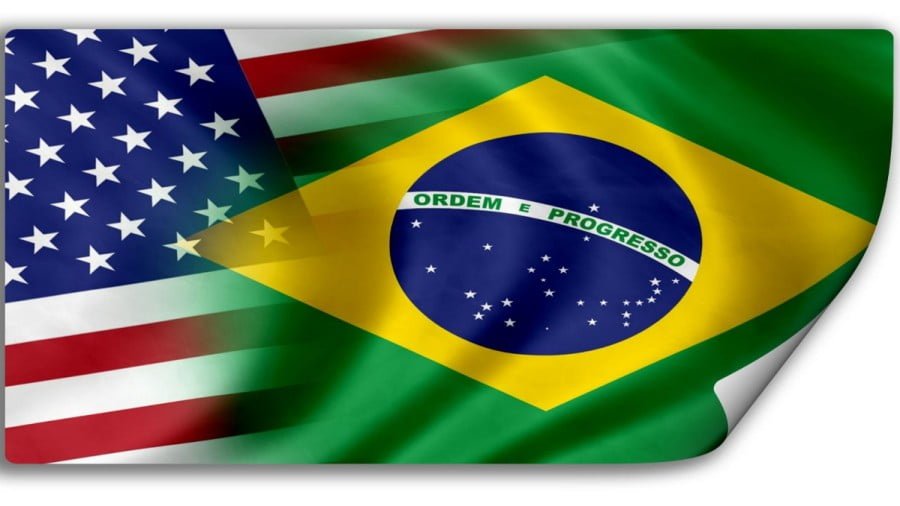
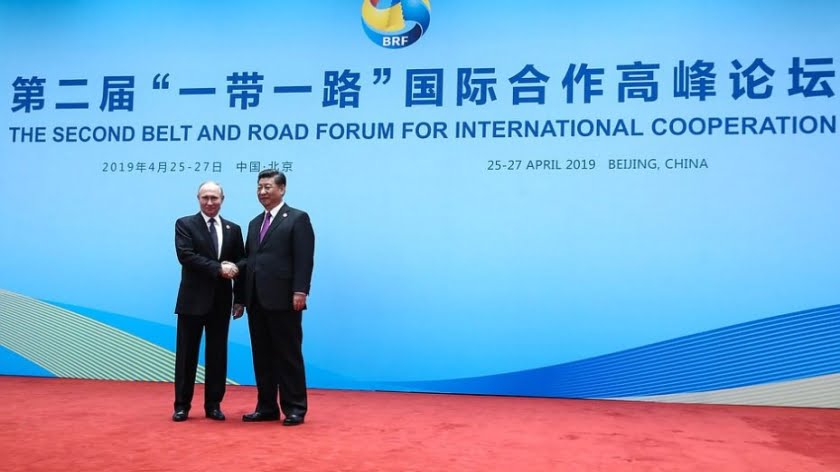
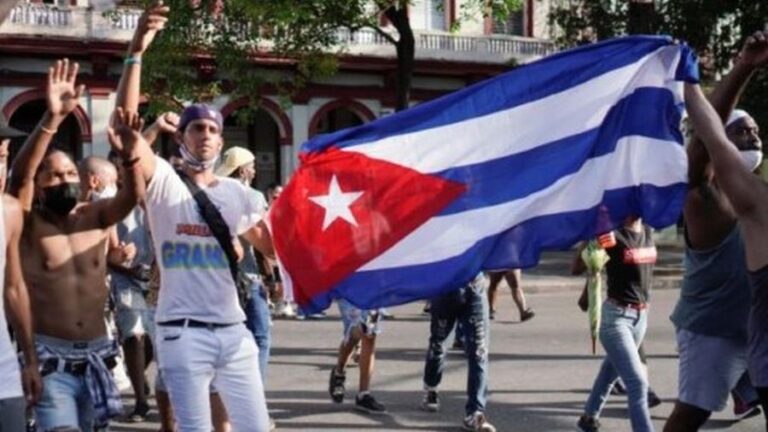

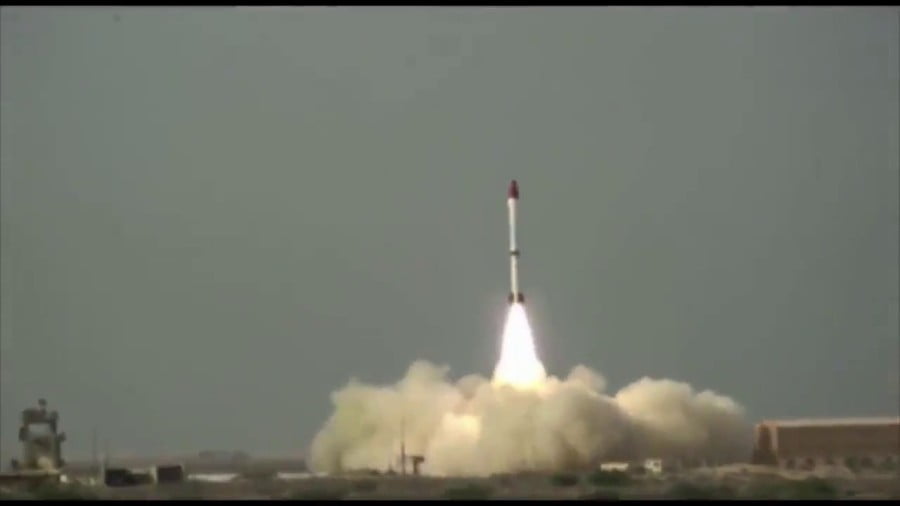

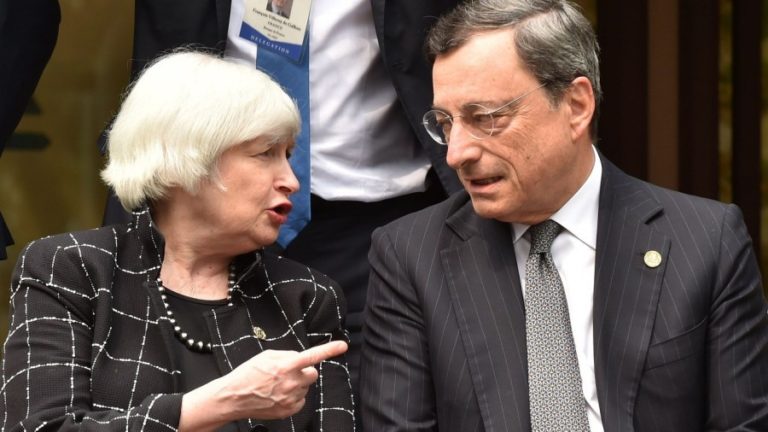
11 Comments